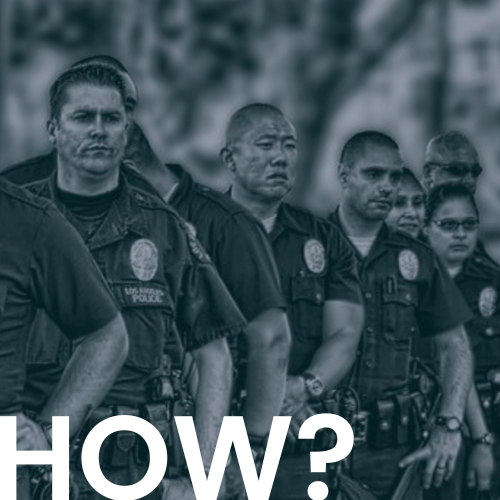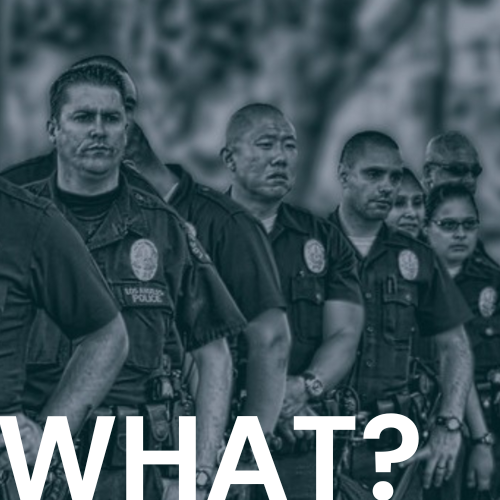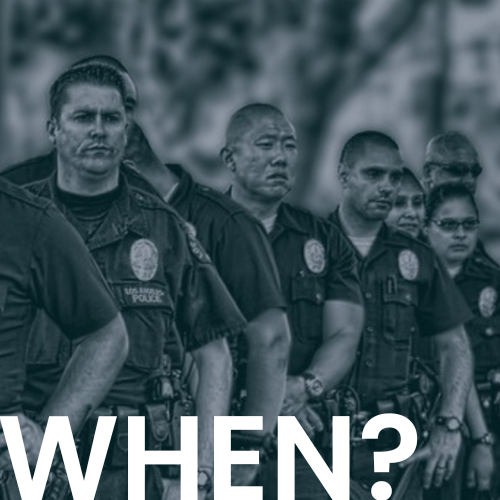Date of Offense
Reporting Authority
Supporting Document(s)
Statement
Did not disclose evidence used for probable cause. It was discovered my defendant accidentally that his spouse prepared and submitted false evidence which was time stamped the same time the warrant was issued. The false evidence was used on 6/1/22 to file charge and on 6/2/22 my spouse submitted a letter to court the was entered into the record and read on 6/3/22. That letter blames Clinton police department for the charge being filed as a result from my spouses false police report on 5/20/22. Not only was the false evidence kept from me the DA allowed my spouse to submit a known false statement into the record to distract from her submission of false evidence. Which she reuses in the divorce proceedings with a different time stamp to enhance the false charge. Of course I took a plea hoping it would have favorable custody terms. I met my attorney and he went over my plea agreement with me thoroughly on 2/8/28 and then signed then. The ADA added a term on 2/8/23 that would not have agreed to but he did so while I was standing in front of the judge. I was til today that I did agree to it and signed by the judge which I clearly did not. I have made the DA aware of the false evidence and my DVI Assessment literally could not have any lower scores but the told me if I don’t enroll immediately they can revoke. I’m three court case because of spouses false narrative and have had three attorneys and not one them has filed anything as can be seen on court website. I’m not being told something and I had my house, children, personal property, employment and way of life just taken from me for no reason. My spouse is withholding my tools for employment so she could file a contempt citation, I asked the judge about Mr tools she didn’t reply. Thank you








![Peace Officer Standards & Training [POST] Departments Peace Officer Standards & Training [POST] Departments](/sites/default/files/styles/large/public/2023-07/Brady.png?itok=xsIFvU8R)
![Organizations [Law Enforcement et al.] Organizations [Law Enforcement et al.]](/sites/default/files/styles/large/public/2023-07/Brady%20%282%29.png?itok=H7Pj15F8)

